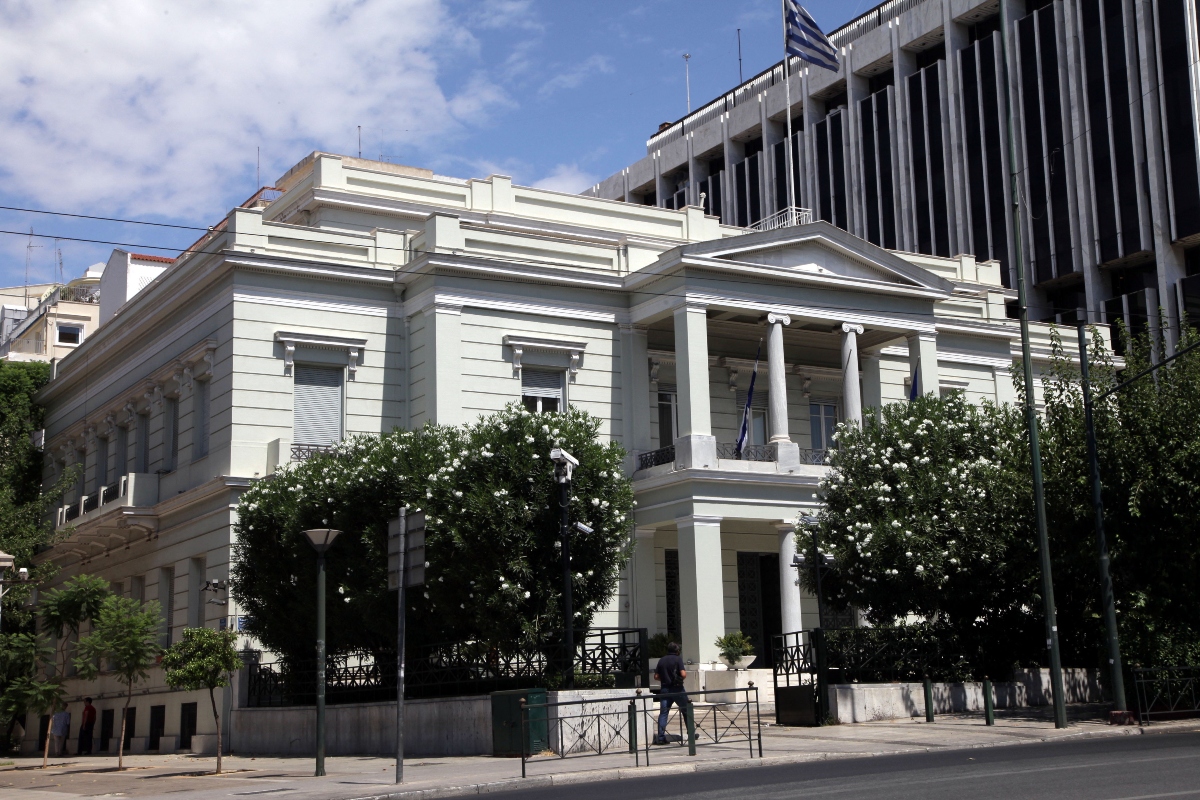Greece has submitted a formal diplomatic note (verbal note) to the United Nations, in response to recent claims made by Libya’s interim government regarding hydrocarbon exploration blocks located south of Crete. The move comes as a direct rebuttal to Tripoli’s accusations that Athens is violating Libyan maritime rights — a position that Greece strongly contests.
The Greek Foreign Ministry stresses that the exploration activities in question are being conducted entirely within Greece’s continental shelf, in accordance with the United Nations Convention on the Law of the Sea (UNCLOS) and with full respect for international legality.
Greece: Activities are Fully Legal and Documented
In its diplomatic note, Athens emphasizes that the licensing and exploration operations for hydrocarbons were carried out transparently, based on legally defined maritime boundaries, and in consultation with international actors where appropriate.
“Greece’s actions are fully grounded in international law and are consistent with its sovereign rights,” the note states, firmly rejecting any attempt to dispute Greek jurisdiction in the area.
Tripoli-Ankara Axis: A Pattern of Destabilization
Greek officials suggest that Libya’s protest is not independent, but rather aligned with Turkish geopolitical ambitionsin the Eastern Mediterranean. At the core of the tension lies the controversial Turkey-Libya maritime memorandum of 2019, an agreement widely condemned as invalid and legally unfounded by numerous international actors and not recognized by the UN.
“The so-called Turkish-Libyan MoU produces no legal effect and has no standing in international law,”Greek diplomatic sources assert.
Energy Exploration Will Proceed as Planned
Despite the diplomatic friction, Athens remains committed to advancing energy exploration activities in the licensed offshore blocks south and southwest of Crete, in partnership with major global energy companies such as ExxonMobiland HELLENiQ Energy.
These areas are considered strategically vital for Greece’s energy diversification and long-term economic planning, and the exploration process is being conducted with full environmental and legal compliance.
Broader Implications: Sovereign Rights and Regional Stability
This development underscores the importance of asserting sovereign rights through lawful and diplomatic channels, especially in a region as geopolitically sensitive as the Eastern Mediterranean.
Greece’s response reflects its broader commitment to:
- Upholding international maritime law
- Defending regional stability
- Participating in the energy transformation of the EU as a reliable partner
At a time when the region is becoming a focal point for energy and security dynamics, Greece positions itself as a pillar of legality and cooperation, in contrast to unilateral or provocative behavior.
Source: pagenews.gr
